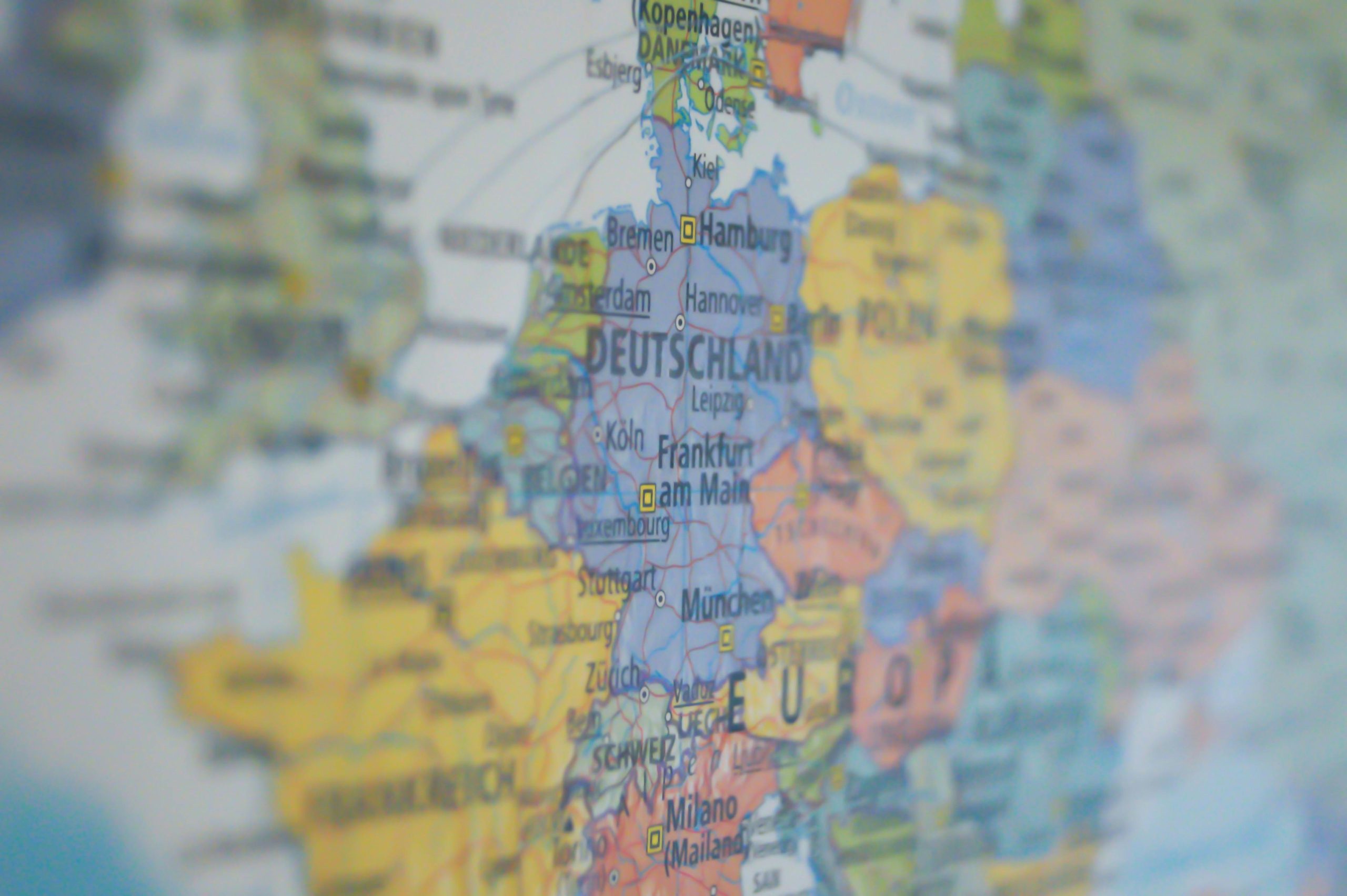United by Music, Divided Elsewhere: how this years’ Eurovision Song Contest was perhaps the most controversial ever.

While the European Broadcasting Union (EBU), who is in charge of organising the Eurovision Song Contest, tried, the booing was just too loud to filter out. During two occasions this year more than a 100 million people could hear the obvious discontent of the present audience, with both of these occasions featuring EBU-boss Martin Österdahl on screen. What ever went so wrong for a contest whose primary message is unity?
This year’s edition of the Eurovision Song Contest, held in Malmö, carried the motto ‘United by Music’. The organisation of the festival sought to convey the message the Eurovision Song Contest is most known for: coming together as a continent to enjoy the universal language that we all know as music. However, this years’ realities turned out to be very different. Two main controversies plagued the show, and the months building up to it..
The elephant in the room this year was the controversial participation of Israel. For reasons that probably do not require further elaboration, quite some people wished for the exclusion of the country from the contest. The EBU’s response to this was a consistent ‘no’, for they argued the contest is not political in nature. However, it is no secret that politics do play a significant role in the Eurovision Song Contest, which is what irritated many people demanding Israel’s exclusion. The contest is arbitrary in its application of certain principles.
Take for instance the example of Russia, which is still barred from participation in the contest since its invasion of Ukraine in 2022. Russia’s exclusion, whether you find it justified or not, is political in nature. And whether you believe Russia’s actions and Israel’s actions to be equal in severity or not, it does disqualify the argument that the contest would be a-political. This inconsistency is a part of what sparked anger with people who wished for exclusion of Israel. Moreover, allegations of the European Broadcasting Union being partial on the side of Israel were fueled by the contest’s main sponsor: Moroccan Oil. Unlike the name suggests, this is an Israeli company.
On top of this, the Israeli delegation was accused of provocative behaviour towards other contestants behind the scenes. According to some of this years’ participants, people from the Israeli delegation allegedly filmed them on multiple occasions without their consent. One of these cases caused the second major controversy this year, the exclusion of the Dutch entry Joost Klein. While only rumours say that the camera woman involved was from the Israeli team, the incident is the same as before mentioned.
According to Dutch broadcaster AVROTROS Joost Klein was filmed without his permission, in violation of set rules, leading to him making a ‘threatening gesture’ after repeatedly asking the camera woman to stop. AVTROTROS said the Dutch delegation attempted to work out a solution for the incident afterwards, including a public apology, but these were all in vain: the camera woman refused all contact afterwards. The exclusion that followed led to major discontent not only with Dutch fans.
The decision to exclude Joost Klein, who was supposed to be one of the highlights of the show and a possible winner, certainly did not calm the public down. It makes you wonder what the EBU were thinking. Is this an example of what is sometimes referred to as ‘cancel-culture’, and did the EBU think its harsh stance towards ‘unwanted behaviour’ would be celebrated? Then why would the EBU decide upon such a rigorous measure against Joost, while it were also his boundaries that were crossed? And why did the EBU not take these kinds of actions against other reports of unwanted behaviour?
This year’s Eurovision Song Contest was tense even months before it started, which you can’t blame the EBU for. However, they could have managed this tension by being consistent with their rules. I believe it was ultimately the mismanagement of incidents and the arbitrary handling of the existing questions by the EBU that led to the most controversial Eurovision Song Contest in its history.



